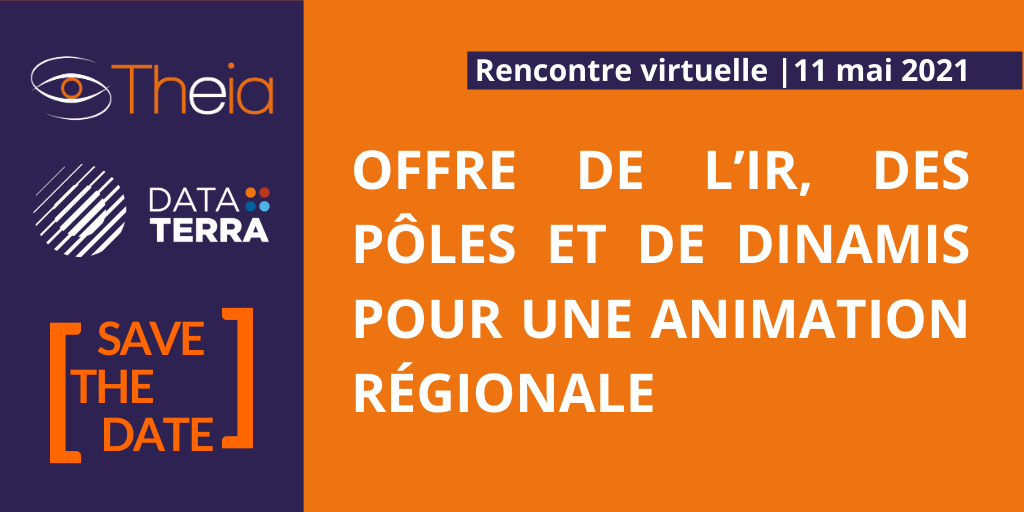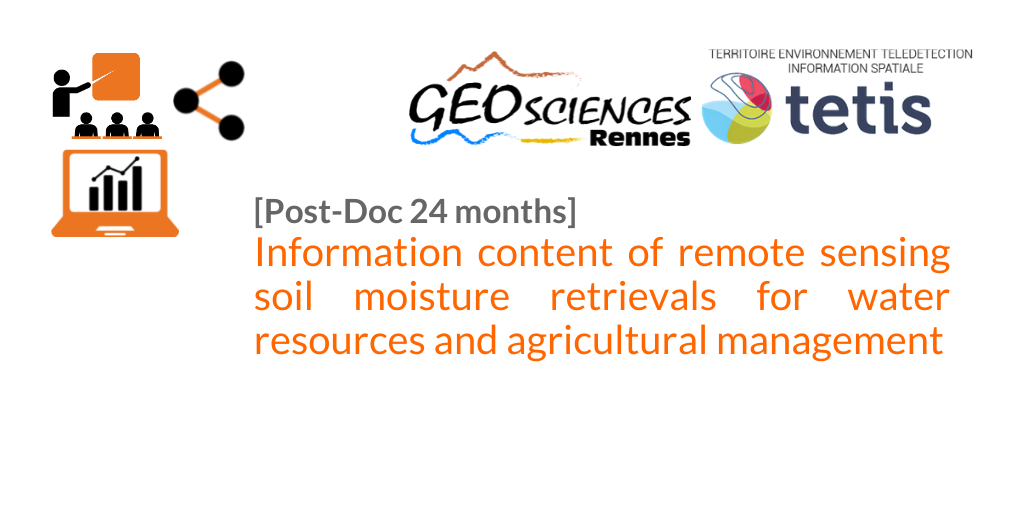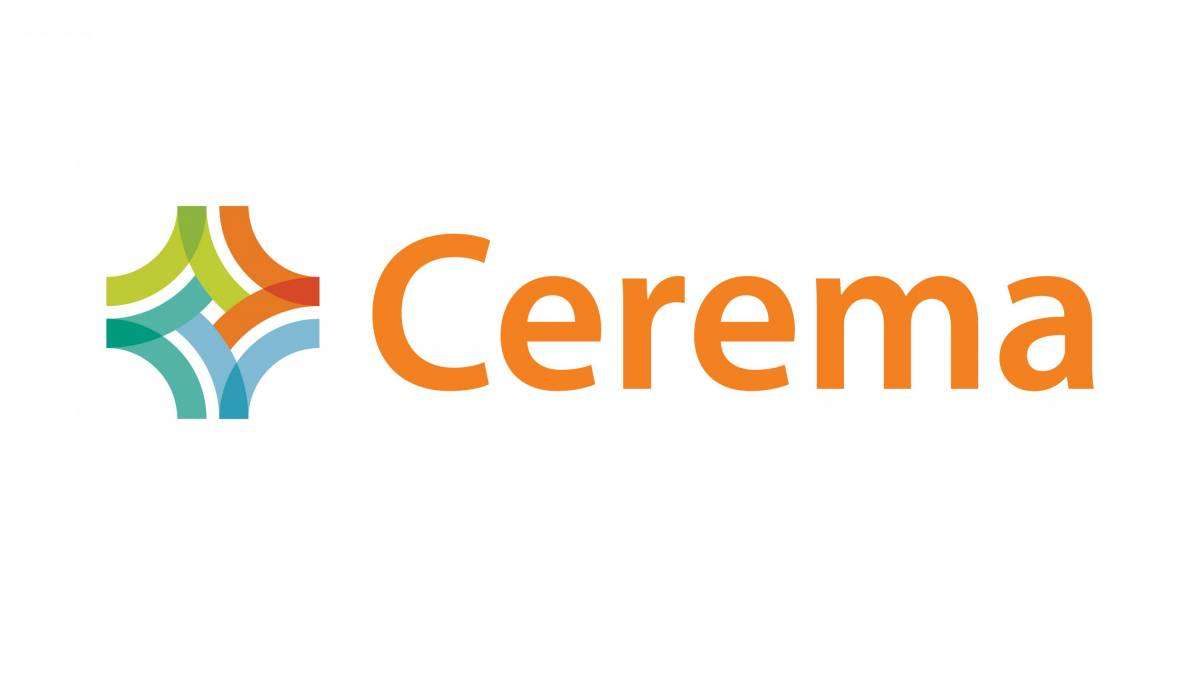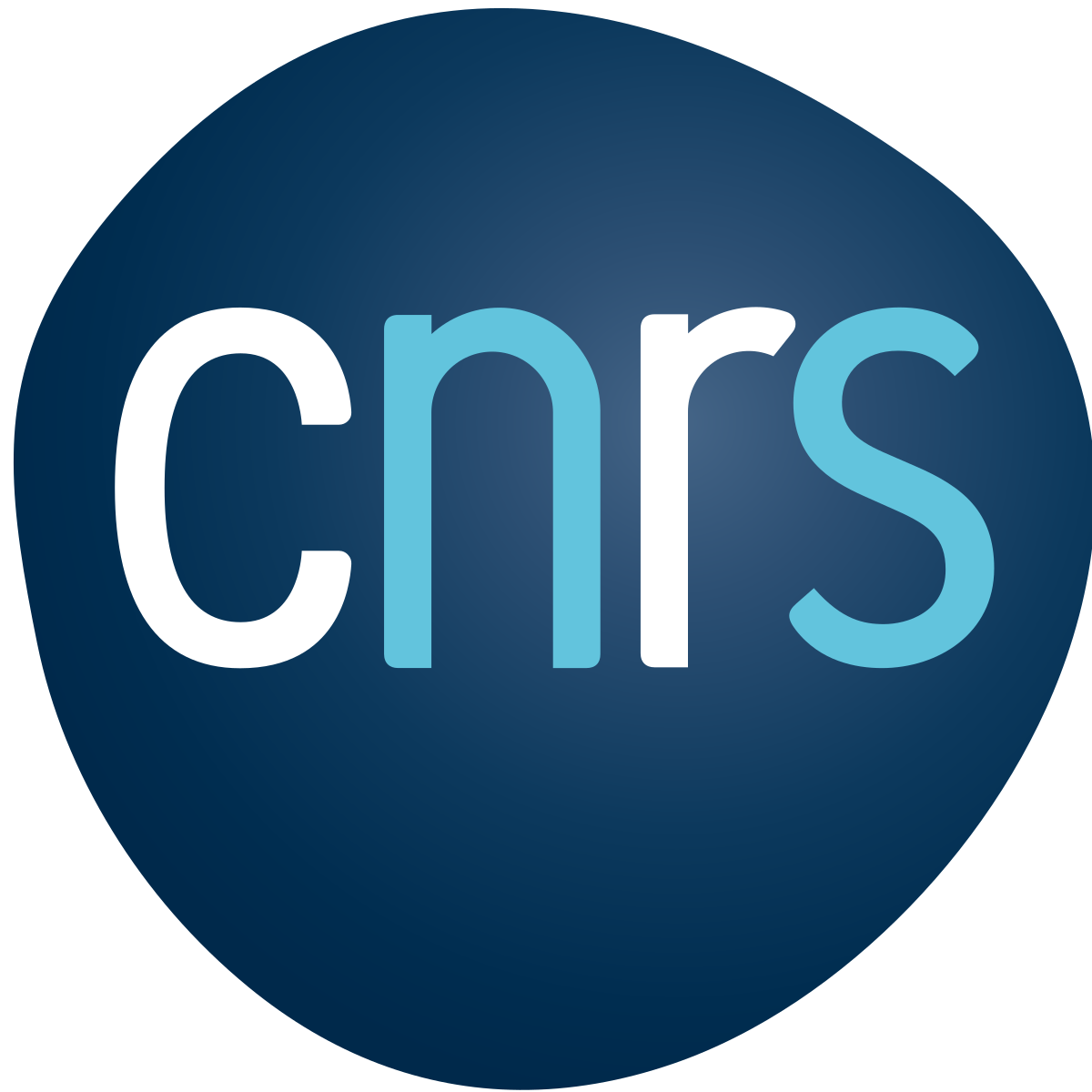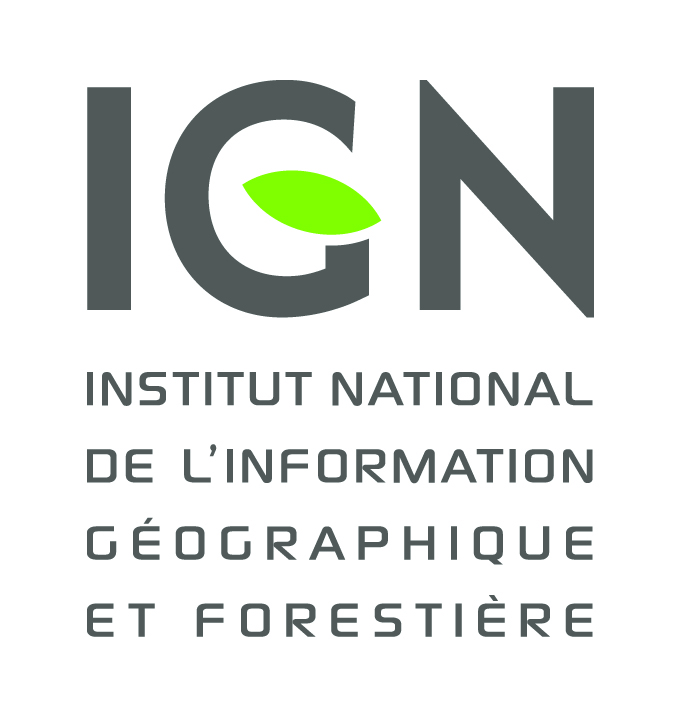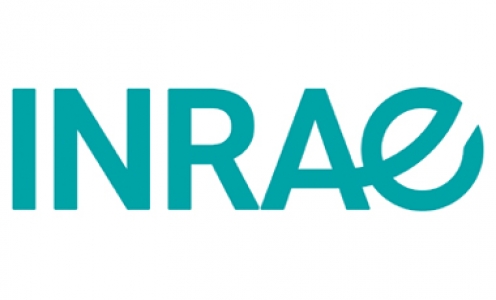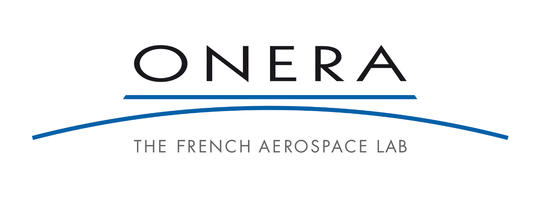Appel à proposition MACLEAN 2021
ATELIER MACLEAN 2021 (Machine Learning for Earth Observation data) – 3ème edition
The huge amount of data currently produced by modern Earth Observation (EO) missions has raised up new challenges for the Remote Sensing communities. EO sensors are now able to offer (very) high spatial resolution images with revisit time frequencies never achieved before considering different kind of signals, e.g., multi-(hyper)spectral optical, radar, LiDAR and Digital Surface Models. In this context, modern machine learning techniques can play a crucial role to deal with such amount of heterogeneous, multi-scale and multi-modal data. Some examples of techniques that are gaining attention in this domain include deep learning, domain adaptation, semi-supervised approach, time series analysis and active learning. Even though the use of machine learning and the development of ad-hoc techniques are gaining increasing popularity in the EO domain, we can witness that a significant lack of interaction between domain experts and machine learning researchers still exists.
The objective of this workshop is to supply an international forum where machine learning researchers and domain-experts can meet each other, in order to exchange, debate and draw short and long term research objectives around the exploitation and analysis of EO data via Machine Learning techniques. Among the workshop’s objectives, we want to give an overview of the current machine learning researches dealing with EO data, and, on the other hand, we want to stimulate concrete discussions to pave the way to new machine learning frameworks especially tailored to deal with such data.
Topics
Supervised Classification of Multi(Hyper)-spectral data | Supervised Classification of Satellite Image Time Series data | Clustering of EO Data | Deep Learning approaches to deal with EO Data | Machine Learning approaches for the analysis of multi-scale EO Data | Machine Learning approaches for the analysis of multi-source EO Data | Semi-supervised classification approaches for EO Data | Active learning for EO Data | Transfer Learning and Domain Adaptation for EO Data | Bayesian machine learning for EO Data | Dimensionality Reduction and Feature Selection for EO Data | Graphicals models for EO Data | Structured output learning for EO Data | Multiple instance learning for EO Data | Multi-task learning for EO Data, Online learning for EO Data | Embedding and Latent factor for EO Data
PC Chairs
- Thomas Corpetti, CNRS, LETG-Rennes COSTEL UMR 6554 CNRS, Rennes, France
- Dino Ienco, IRSTEA, UMR Tetis, Montpellier, France
- Roberto Interdonato, CIRAD, UMR Tetis, Montpellier, France
- Minh-Tan Pham, Univ. Bretagne-Sud, UMR 6074, IRISA, Vannes, France
- Sébastien Lefèvre, Univ. Bretagne-Sud, UMR 6074, IRISA, Vannes, France




